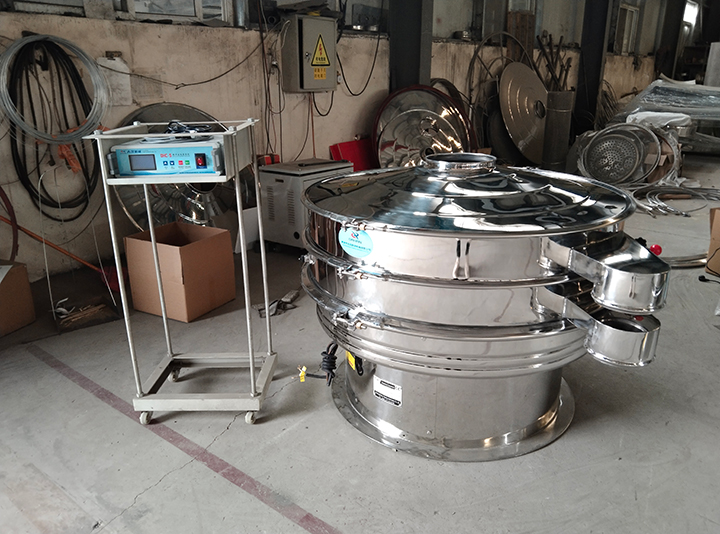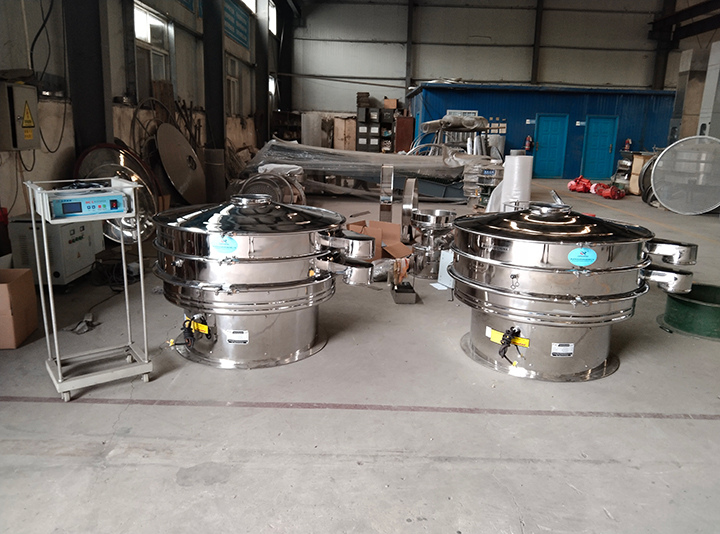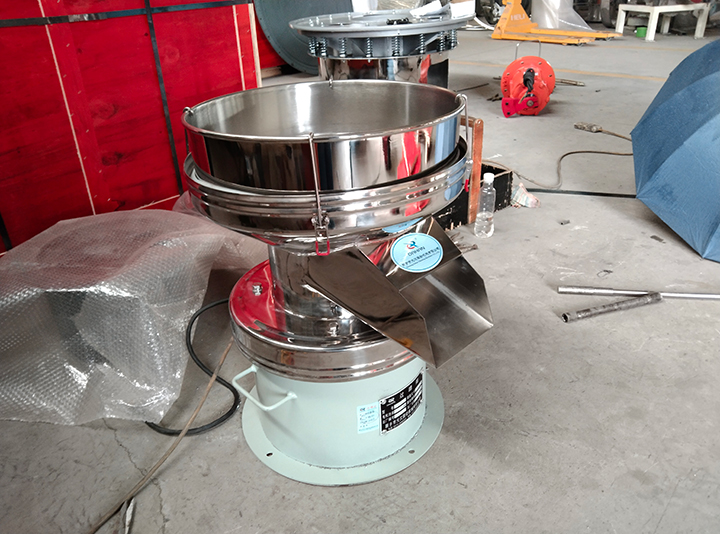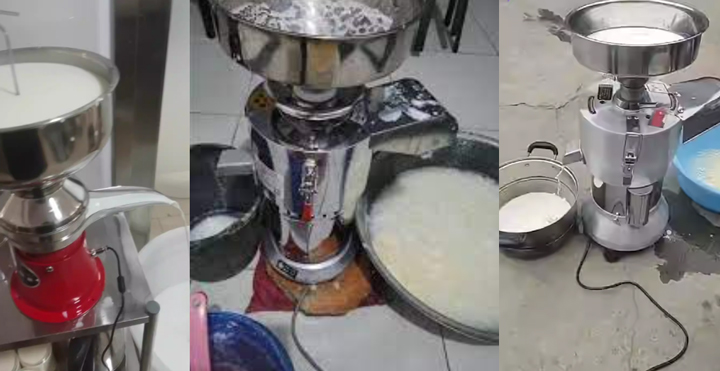The ultrasonic juice filter requires a stainless steel vibrating filter, a core component that ensures hygienic and stable operation. The filter is equipped with an ultrasonic instrument to prevent clogging during juice filtration. Multiple layers of precision screens ranging from 80 to 200 mesh can be used for filtration (the specific mesh size can be adjusted flexibly based on the desired clarity of the final product. For example, for ultra-clear NFC apple juice, 200 mesh is used to remove all starch and fine pulp particles, while 80 mesh is used for cloudy juice that retains some nutritional fiber). The ultrasonic transducer generates tens of thousands of high-frequency vibrations that are evenly transmitted through the screen, instantly breaking down the surface tension of the screen and effectively breaking up and dispersing pectin and protein clusters that threaten to clog the mesh. This allows for fine grading and efficient filtration of the juice while maintaining screen permeability. This system significantly improves processing efficiency, enabling a single unit to achieve a continuous processing capacity of up to 2,000 liters per hour. Because ultrasonic technology significantly reduces filter clogging, the system can operate stably for hours without frequent downtime for cleaning.


Ultrasonic juice filters use a high-frequency electrical converter to drive a specialized transducer, generating tens of thousands of high-frequency mechanical vibrations per second. These vibrations are transmitted directly to the mesh surface via a vibrator plate, triggering an intensive "ultrasonic cavitation effect" during the filtration process. This effect generates extreme high pressure and shock waves in the liquid, continuously tearing, breaking, and removing obstructions such as pectin, protein, starch, and microfibers adhering to the mesh. Ultrasonic juice filters and ultrasonic rotary vibrating screens for slurry filtration offer users flexibility based on specific material characteristics (such as viscosity, impurity content, and target clarity). Crucially, the system is perfectly compatible with temperature control requirements. Its stainless steel construction easily accommodates integration with heating or cooling jackets, allowing operators to filter at room temperature or heated conditions (typically between 20°C and 80°C) to meet process requirements (for example, reducing the viscosity of high-viscosity juice to increase filtration speed or preserving flavor at a specific temperature). This controllable thermal synergy further broadens its application range.


Ultrasonic juice filter technology leverages the powerful cavitation force and mechanical vibrations generated by high-frequency ultrasound to extremely efficiently and thoroughly remove fine suspended pulp particles and difficult-to-settle starches from juice, resulting in a high-quality product that is crystal clear, extremely stable, and free of sedimentation over time. This physical process eliminates the use of chemical clarifiers, preserving the juice's natural properties. Common aftertastes and sedimentation in orange and citrus juices are primarily caused by bitter substances such as limonin and naringin, as well as some hydrophobic proteins. Ultrasonic filtration not only effectively captures these large bitter components and protein complexes through fine screening, significantly reducing or even eliminating the unpleasant bitterness, but also fundamentally resolves the resulting turbidity and sedimentation, significantly improving the product's taste and commercial value. When it comes to berry juices like strawberry, blueberry, and kiwi, which are rich in high-viscosity pectin and extremely tiny seeds, traditional filtration methods easily clog the filter, rendering them inoperable. Ultrasonic technology's anti-clogging properties are fully utilized here, maintaining continuous screen transparency and achieving efficient clarification of these challenging materials, resulting in revolutionary improvements in juice yield and production efficiency. For this reason, ultrasonic filtration has become the ideal choice for producing truly high-end NFC (not-from-concentrate) juices. It perfectly aligns with the core principle of NFC juice: "pure physical processing, maximizing the preservation of fresh, original flavor." It can produce top-tier clarified NFC juices that are both crystal clear and retain the original fruit flavor, vitamins, and aromas to the greatest extent possible, satisfying the market's demand for high-quality, healthy beverages.
Address:China,Yanjin county forest park gate to the west 1000 meters north road.